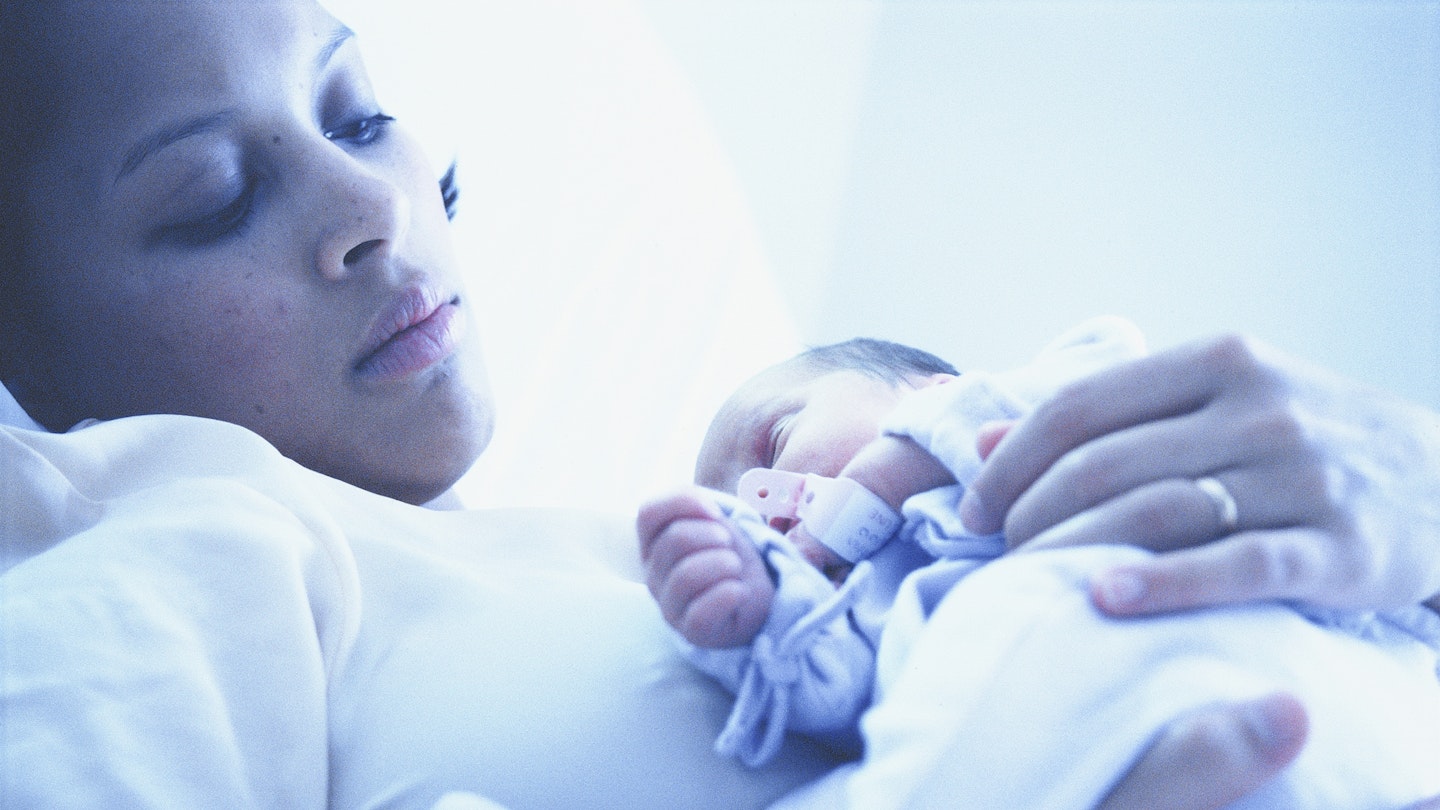Shock statistics from the Institute of Fiscal Studies have proven that once women give birth, the amount they get paid, in comparison to men, becomes noticeably less every year.
'The pay gap' has made headlines for years now after it became apparent that on average, women in paid work receive about 18% less per hour than men.

Emma Watson, who has used her fame to be vocal about women's rights, spoke up on the pay gap issue: “[I] think it is right that as a woman I am paid the same as my male counterparts.”
When comparing young, childless women with men of their own age, the gap between wages is not that big. Everyone is starting out on their career path and differences are more or less down to the individual.
But the problem is complex. The IFS has reported that the gap widens consistently for 12 years after a woman's first child is born, by which point women receive 33% less pay per hour than men.
Childbirth has little to no effect on male salaries.
When Theresa May made her first speech as Prime Minister she said: "If you’re a woman, you will earn less than a man."
And the opposition leader, Jeremy Corbyn, said: "Last year Britain was ranked 18th in the world for its gender pay gap ... We can and must do far better."
People have celebrated gender equality after a law came into place that made it illegal for women to be paid less than men. However others feel this is short-sighted as factors such as gender-based promotion, stereotyping and labour segregation. The root cause of the unfair treatment boils down to women's competence being valued less.
Er, hello? A woman pushed you out of her hoo-ha. You've SURELY got to respect that.
In readdressing the balance, the problem goes deeper than simple regulation, and it will take a huge societal shift before women, especially mothers, or those of ethnic minorities, are equally rewarded for their achievements.
The new research, funded by the Joseph Rowntree foundation, unveils a problem that proves that women still draw the short straw.
Taking time out of work, for example going on maternity leave, is linked with salaries not increasing, or possibly even reducing. The IFS discovered that when comparing women who had the same hourly wage before leaving paid work, wages when they return are on average 2% lower for each year spent out of work.
Robert Joyce, Associate Director at IFS and an author of the report, said:
“The gap between the hourly pay of higher-educated men and women has not closed at all in the last 20 years. The reduction in the overall gender wage gap has been the result of more women becoming highly educated, and a decline in the wage gap among the lowest-educated.
“Women in jobs involving fewer hours of work have particularly low hourly wages, and this is because of poor pay progression, not because they take an immediate pay cut when switching away from full-time work. Understanding that lack of progression is going to be crucial to making progress in reducing the gender wage gap.”

what do you think should be done to make things fairer for mothers? Let us know on Facebook or Twitter at @CloserOnline
